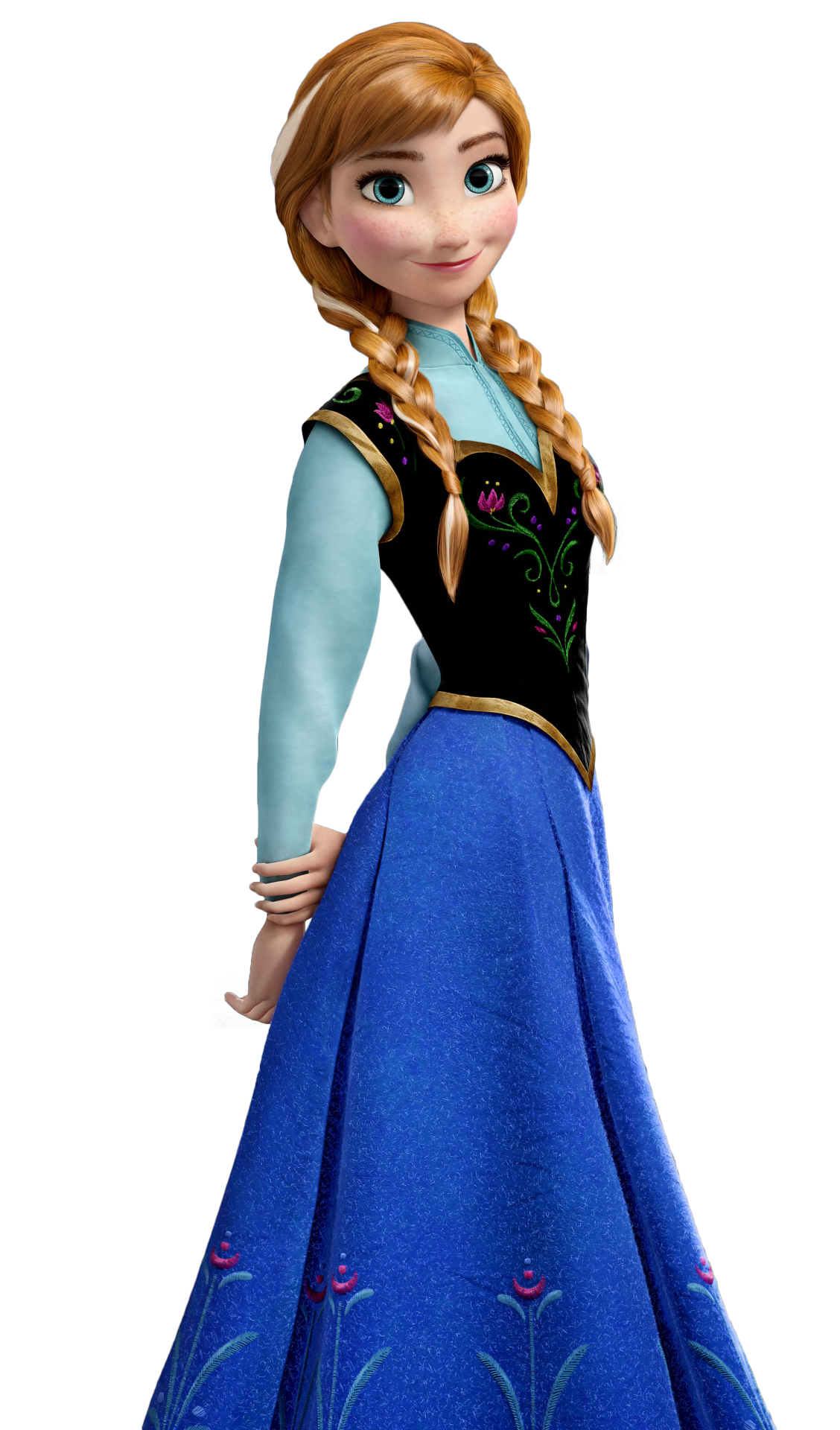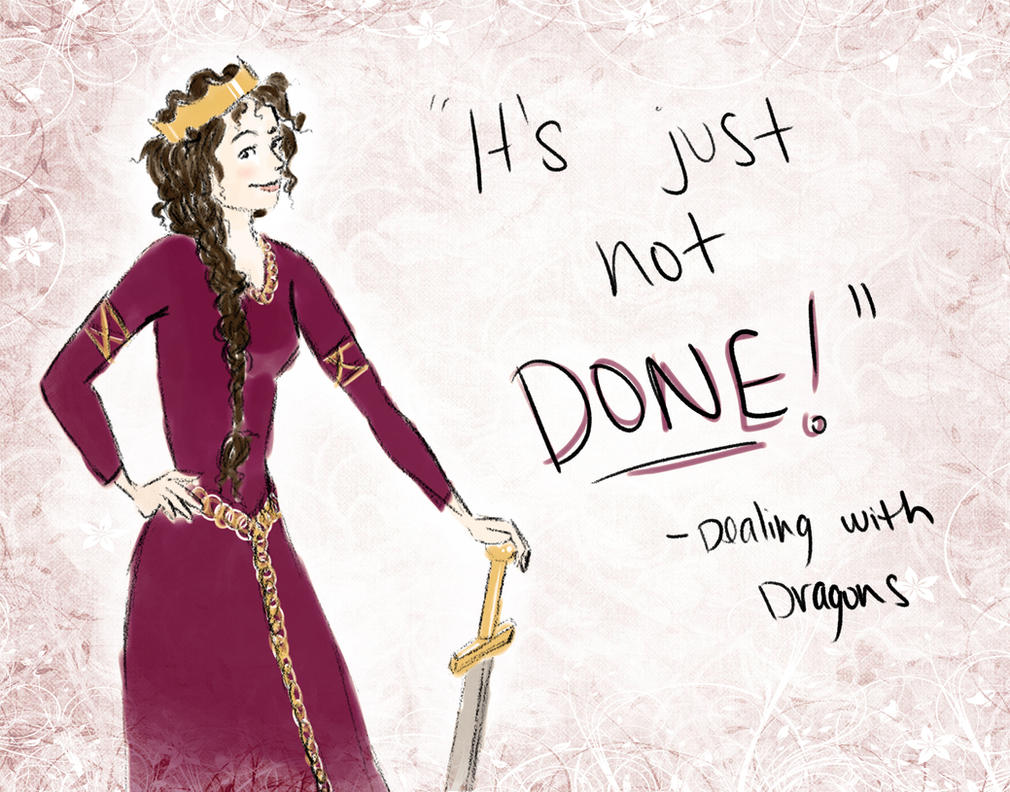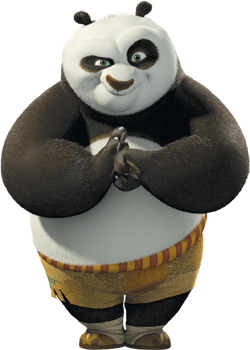Charles Dickens
The hole in the ground was rather square. This would have been normal had a tractor or a gravedigger had digged it, but that couldn’t have been the case because it was wallowing in the middle of the interstate, and no respectful gravedigger ever digs there and no tractor would have braved the traffic, much less if there were no cones or other construction equipment to bolster it up.
Granted, it was a small hole, replacing, in effect, one of the white dashes that divided the lanes. I had been sent to investigate by the police, and so had set up my own road cones and sat down to get a look at it. By the tape measure, it was fifteen feet deep, and a flashlight showed its sides to be straight, as well as I could see as I peered in. And, of course, the first few inches were pavement and the rest dirt. Or rocks, but had someone sawed through rocks to do it?
Some might have suspected alien activity, but unless aliens were setting up a giant tripod, and we found similar holes elsewhere, I wouldn’t put any stock in it.
I have always been of the mind that if aliens were to come to Earth, the first thing they would do would be to take photographs. I’m sure it’s what Lewis and Clark would have done, had they been able.
The next thing to do was to take a sampling of the sides, see if whatever had dug or punched the hole had left behind any evidence of its makeup. Eggs made in a cast-iron pan will have small slivers of the iron scraped up into them; the same concept generally applies in situations like these. I think.
I’ve never really been sure, actually, but they pay me to pretend I am and so I do and no one is the wiser for it. After all, there’s no one who can truly be a professional in matters of holes.
Douglas Adams
The main thing you have to know about holes is they are relative. They are really just depressions, of the extremely vertical sort, in a level surface. If looked at from above with very good eyes, they wouldn’t seem to be there at all, so really, holes are of no consequence.
I don’t make it a habit of telling my customers that, because if they realized that holes are really just a psychological problem, I’d be out of a job. And then I wouldn’t be able to make rent or go out dancing at the Eagles lodge or anything good like that. I’d have to go make a hole in a mountainside so I could live in it, and that sounds like a sure way to insanity.
The trick is to get the bottom of the hole to be flush with the surrounding ground again—the bigger hole, if you will. Most level grounds, exempting plateaus and their ilk, are really just holes, if we consider that the highest ground is where “level” is and everything ought to be equal in height. But then, maybe the holes are correct and the bottom is where it all should be and holes are setting the world back to rights?
Every job has existential questions. An actor might think about whether a character is truly alive in another plane of existence, a philosopher might wonder whether God is really so smart as He says He is (we are taking it solely on His authority, after all), a child care worker might consider where a child has got off to this time. I simply ask about whether holes are the correct way of life and I am destroying the world around me by consistently plugging them up.
I plugged this one up with cow manure, mainly because it was the closest thing at hand and because it would fill the space better than grass clippings from the patch of ground that runs between the two directions of freeway.
The last bit, of course, was covered with tar, and just like that I apologized to the Earth for destroying its attempts at correctness by feeding it fertilizer.
Mary Robison
I have filled holes with all sorts of things. Bubble wrap, water from a fire hydrant (firefighters forgive me), cardboard, whatever is handy at the time. So long as the top couple inches is the same material as the stuff around it, and I didn’t make a second hole plugging the first, I’m home free.
Home is on 22nd Street, near the Sunrise Inn. Means I have a steady flow of neighbors. Nice, sometimes. Other times, I wonder if any of them is going to break into my house and steal something from me. I don’t know what, I’ve only got an outdated television and an impressive VHS collection that’s pretty much useless now that the player has worn itself out. Unlike a DVD, you can hand-rewind a VHS. Also unlike a DVD, you can’t play it forward by hand.
I keep the collection just in case. Maybe it will be my retirement fund until I fill the last hole with my dead body and they say I lived like I died and whatever else people say about people at funerals.
I stepped through my front door and prop my umbrella up on the doorframe, leaving it open a bit so it can dry out. No one wants to open up a moldy umbrella. Mildewy? Whatever.
Dinner is Pasta-Roni with meat sauce, except the meat isn’t there because I’m vegan and besides that, who would want to eat meat from inside a container? Back when I ate a steak a day, I bought it from a butcher nearby. That was before the doctor said I had to be vegan for my health.
Yes, I live alone. It means I don’t have to share a bathroom.
Harper Lee
The house once belonged to my grandmother. I moved in to live with her and when she passed on, I stayed put. By then I was building up a respectable reputation as a holer, and I knew if I moved somewhere else, I would have to start all over again. People take your business seriously when they respect you and you’ve saved their cattle from enough broken legs.
Being a holer is about more than filling a hole; it’s about figuring out what made it in the first place and making it so the hole won’t reappear (setting aside the wishes of Mother Earth, who I could almost call my business partner). Accordingly, I pulled out the Ziploc bag of soil I had pulled from the side of the hole in various spots and dumped it out on the table that once was a dining room table but now serves as my lab. The microscope is set into the table so I can slide the sediment across the table under it for viewing and then out again without bothering to lift it onto a platform like with a normal microscope.
I focused the lens so I could view the dirt and spent a good amount of time staring and sifting and staring. I knew well what it was—copper—but that didn’t give me much of an answer and so I continued staring in hopes that I could figure it out. Was a pipe shoved in and removed? That seemed the likely explanation, from the hole’s perspective, but from a road perspective, no one had seen a giant copper tube sticking straight up out of the interstate. I am sure it would have made the news and I wouldn’t have been asked to do the job.
I’d have to go look at that hole tomorrow for more clues. All I had so far was copper, and that’s too common to be of much use.
Juliet Marillier
The biggest hole I was ever challenged with was a mile long and two feet wide. It was as if the ground had developed a tear, and the tear was dangerously close to the perimeter of a hospital. This hole was not bizarre in any particular way, though, as there had been an earthquake the week before and the ground everywhere had given way to small chasms. I didn’t say it was the most impressive, but it was the biggest.
As for the most impressive: There was a hole in a nearby beach. Let me tell you, that was a conundrum. How to fill a hole that was softened by the water around it, which constantly fought to widen the hole? I had to wait for low tide to get to it, then work fast in dim conditions to plug it – with seaweed.
I have always been of the mind that if aliens were to come to Earth, the first thing they would do would be to take photographs. I’m sure it’s what Lewis and Clark would have done, had they been able.
The next thing to do was to take a sampling of the sides, see if whatever had dug or punched the hole had left behind any evidence of its makeup. Eggs made in a cast-iron pan will have small slivers of the iron scraped up into them; the same concept generally applies in situations like these. I think.
I’ve never really been sure, actually, but they pay me to pretend I am and so I do and no one is the wiser for it. After all, there’s no one who can truly be a professional in matters of holes.
Douglas Adams
The main thing you have to know about holes is they are relative. They are really just depressions, of the extremely vertical sort, in a level surface. If looked at from above with very good eyes, they wouldn’t seem to be there at all, so really, holes are of no consequence.
I don’t make it a habit of telling my customers that, because if they realized that holes are really just a psychological problem, I’d be out of a job. And then I wouldn’t be able to make rent or go out dancing at the Eagles lodge or anything good like that. I’d have to go make a hole in a mountainside so I could live in it, and that sounds like a sure way to insanity.
The trick is to get the bottom of the hole to be flush with the surrounding ground again—the bigger hole, if you will. Most level grounds, exempting plateaus and their ilk, are really just holes, if we consider that the highest ground is where “level” is and everything ought to be equal in height. But then, maybe the holes are correct and the bottom is where it all should be and holes are setting the world back to rights?
Every job has existential questions. An actor might think about whether a character is truly alive in another plane of existence, a philosopher might wonder whether God is really so smart as He says He is (we are taking it solely on His authority, after all), a child care worker might consider where a child has got off to this time. I simply ask about whether holes are the correct way of life and I am destroying the world around me by consistently plugging them up.
I plugged this one up with cow manure, mainly because it was the closest thing at hand and because it would fill the space better than grass clippings from the patch of ground that runs between the two directions of freeway.
The last bit, of course, was covered with tar, and just like that I apologized to the Earth for destroying its attempts at correctness by feeding it fertilizer.
Mary Robison
I have filled holes with all sorts of things. Bubble wrap, water from a fire hydrant (firefighters forgive me), cardboard, whatever is handy at the time. So long as the top couple inches is the same material as the stuff around it, and I didn’t make a second hole plugging the first, I’m home free.
Home is on 22nd Street, near the Sunrise Inn. Means I have a steady flow of neighbors. Nice, sometimes. Other times, I wonder if any of them is going to break into my house and steal something from me. I don’t know what, I’ve only got an outdated television and an impressive VHS collection that’s pretty much useless now that the player has worn itself out. Unlike a DVD, you can hand-rewind a VHS. Also unlike a DVD, you can’t play it forward by hand.
I keep the collection just in case. Maybe it will be my retirement fund until I fill the last hole with my dead body and they say I lived like I died and whatever else people say about people at funerals.
I stepped through my front door and prop my umbrella up on the doorframe, leaving it open a bit so it can dry out. No one wants to open up a moldy umbrella. Mildewy? Whatever.
Dinner is Pasta-Roni with meat sauce, except the meat isn’t there because I’m vegan and besides that, who would want to eat meat from inside a container? Back when I ate a steak a day, I bought it from a butcher nearby. That was before the doctor said I had to be vegan for my health.
Yes, I live alone. It means I don’t have to share a bathroom.
Harper Lee
The house once belonged to my grandmother. I moved in to live with her and when she passed on, I stayed put. By then I was building up a respectable reputation as a holer, and I knew if I moved somewhere else, I would have to start all over again. People take your business seriously when they respect you and you’ve saved their cattle from enough broken legs.
Being a holer is about more than filling a hole; it’s about figuring out what made it in the first place and making it so the hole won’t reappear (setting aside the wishes of Mother Earth, who I could almost call my business partner). Accordingly, I pulled out the Ziploc bag of soil I had pulled from the side of the hole in various spots and dumped it out on the table that once was a dining room table but now serves as my lab. The microscope is set into the table so I can slide the sediment across the table under it for viewing and then out again without bothering to lift it onto a platform like with a normal microscope.
I focused the lens so I could view the dirt and spent a good amount of time staring and sifting and staring. I knew well what it was—copper—but that didn’t give me much of an answer and so I continued staring in hopes that I could figure it out. Was a pipe shoved in and removed? That seemed the likely explanation, from the hole’s perspective, but from a road perspective, no one had seen a giant copper tube sticking straight up out of the interstate. I am sure it would have made the news and I wouldn’t have been asked to do the job.
I’d have to go look at that hole tomorrow for more clues. All I had so far was copper, and that’s too common to be of much use.
Juliet Marillier
The biggest hole I was ever challenged with was a mile long and two feet wide. It was as if the ground had developed a tear, and the tear was dangerously close to the perimeter of a hospital. This hole was not bizarre in any particular way, though, as there had been an earthquake the week before and the ground everywhere had given way to small chasms. I didn’t say it was the most impressive, but it was the biggest.
As for the most impressive: There was a hole in a nearby beach. Let me tell you, that was a conundrum. How to fill a hole that was softened by the water around it, which constantly fought to widen the hole? I had to wait for low tide to get to it, then work fast in dim conditions to plug it – with seaweed.
Next week, I will analyze the results.







